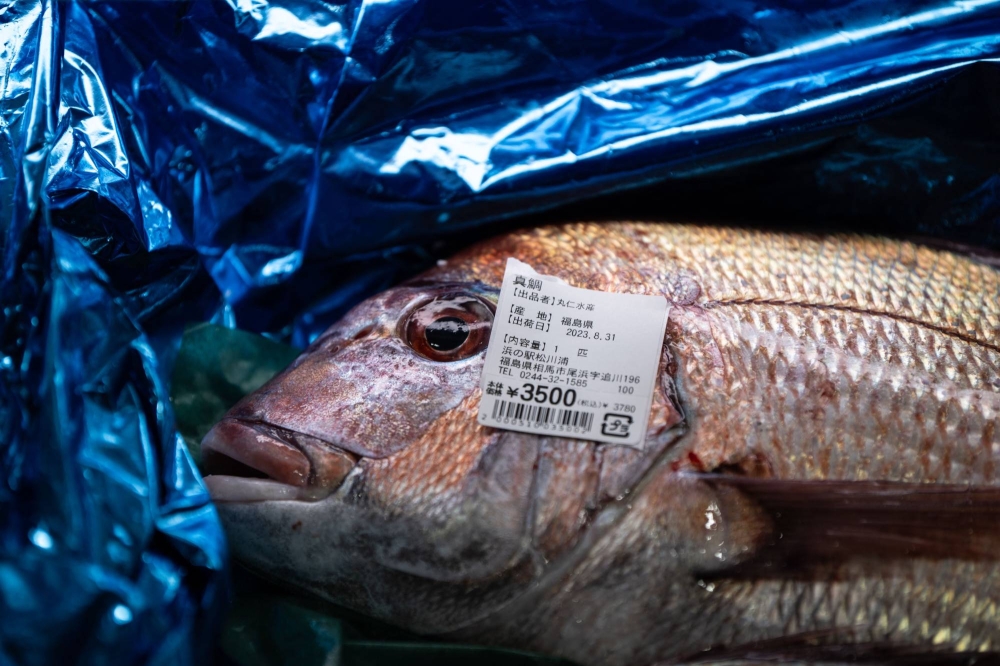No detectable amount of tritium has been found in fish samples taken from waters near the crippled Fukushima No. 1 nuclear plant, where the discharge of treated radioactive water into the sea began a month ago, the government said Monday.
Tritium was not detected in the latest sample of two olive flounders caught Sunday, the Fisheries Agency said on its website. The agency has provided almost daily updates since the start of the water release, in a bid to dispel harmful rumors both domestically and internationally about its environmental impact.
The results of the first collected samples were published Aug. 9, before the discharge of treated water from the complex commenced on Aug. 24. The water had been used to cool melted nuclear fuel at the plant but has undergone a treatment process that removes most radionuclides except tritium.



Water eats beta- and even alpha particles in a small radius. Ionized water even more so.
The sea is vast. A pond is but a drop to the sea.
It wasn’t a decision to be taken lightly, but it was a good gamble.
Nobody’s particularly concerned about the actual radiation of the tritium. It’s just that it is actively picked up by your body and used like any other water with the same biological half life of water at 7 days. It can cause some problems in that time. It’s not really a problem of it getting integrated into anything, since all it’ll do is knock itself off of and destroy whatever it gets incorporated into when it decays.